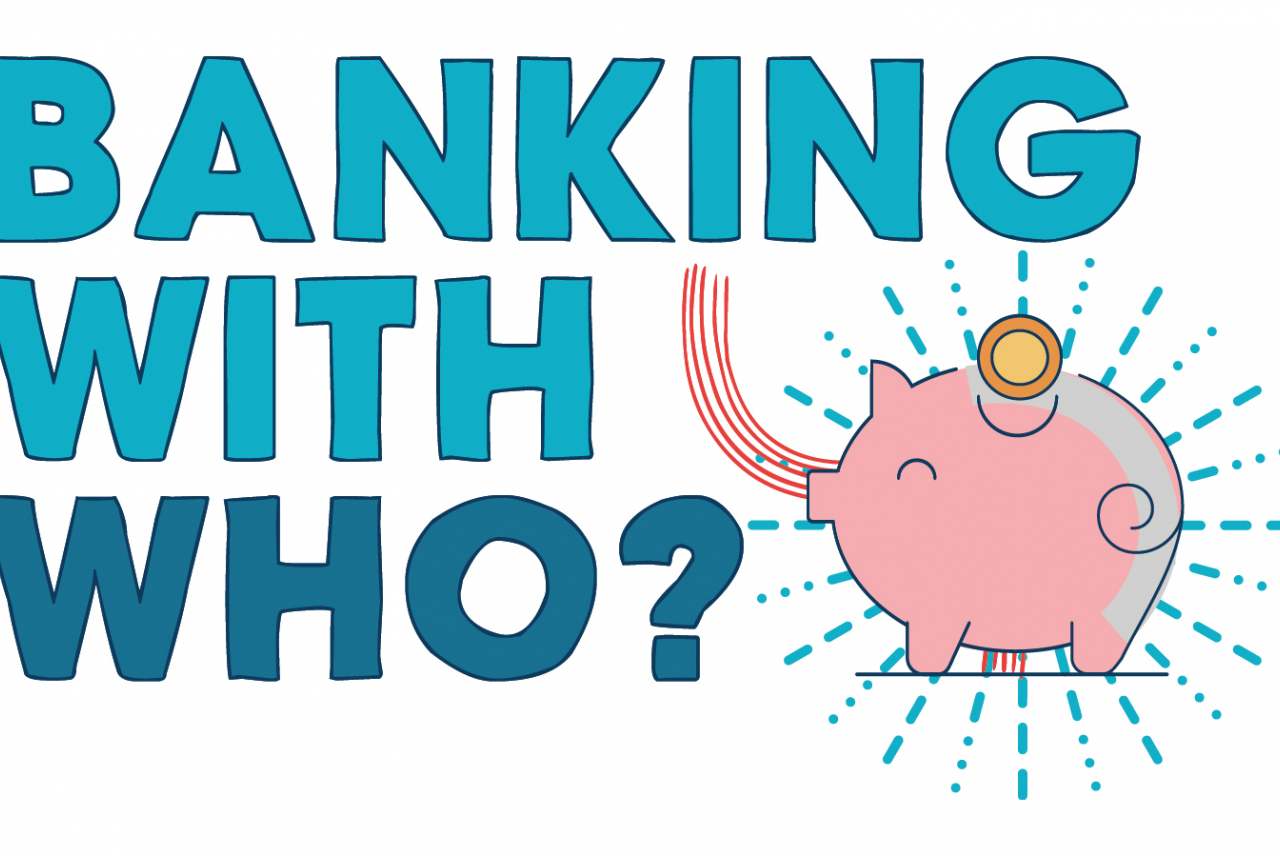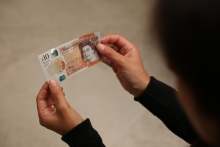Black horses running on the beach. Bikes for hire in London. “We Are Not an Island” billboards.
The dominance of the big banks (in this case, Lloyds, Santander and HSBC) is widespread. Together with Barclays and NatWest, they make up the 'Big Five' banks in the UK.
From continued funding of everything from fossil fuels to the arms trade, big banks are exacerbating environmental and social injustices across the world.
Many big banks are also influencing financial education in schools. Between them they produce a wide variety of resources, from lesson plans to online games.
Big banks dominate financial education
Santander’s initiative includes partnering with the football duo F2Freestylers to create a video called Numbers Game to ‘make maths fun again.’ NatWest’s MoneySense is a financial education programme for 5-18 year olds and adults. Lloyds and HSBC run similar programmes, and Barclays provides finance tips within its wider LifeSkills offering.
Many of the banks’ resources are engaging, and support young people (as well as parents and teachers) at critical junctures of their lives when it comes to dealing with money.
However, as institutions set up to primarily maximise profit, these banks’ initiatives are also likely to support them in developing name recognition and building a rapport with a whole generation of young people – or future customers.
What students are not likely to hear from these ‘educators’ is the latter’s role in climate breakdown and other social injustices. Banks’ funding of various industries is not only harming young people and their neighbourhoods today - particularly in the Global South - but also future generations.
Money management advice is essential. However, we think it’s equally important that students are taught about sustainability as part of any financial education (and other subjects, too).
We know that transforming the financial system is crucial to building a more sustainable world, and too many big banks are still pumping money into the wrong places. If these facts are omitted from any relevant financial education programmes - especially when delivered by the same banks that are funding the injustices - students will not be getting the full picture and will thus be less equipped to call for the radical changes needed.






